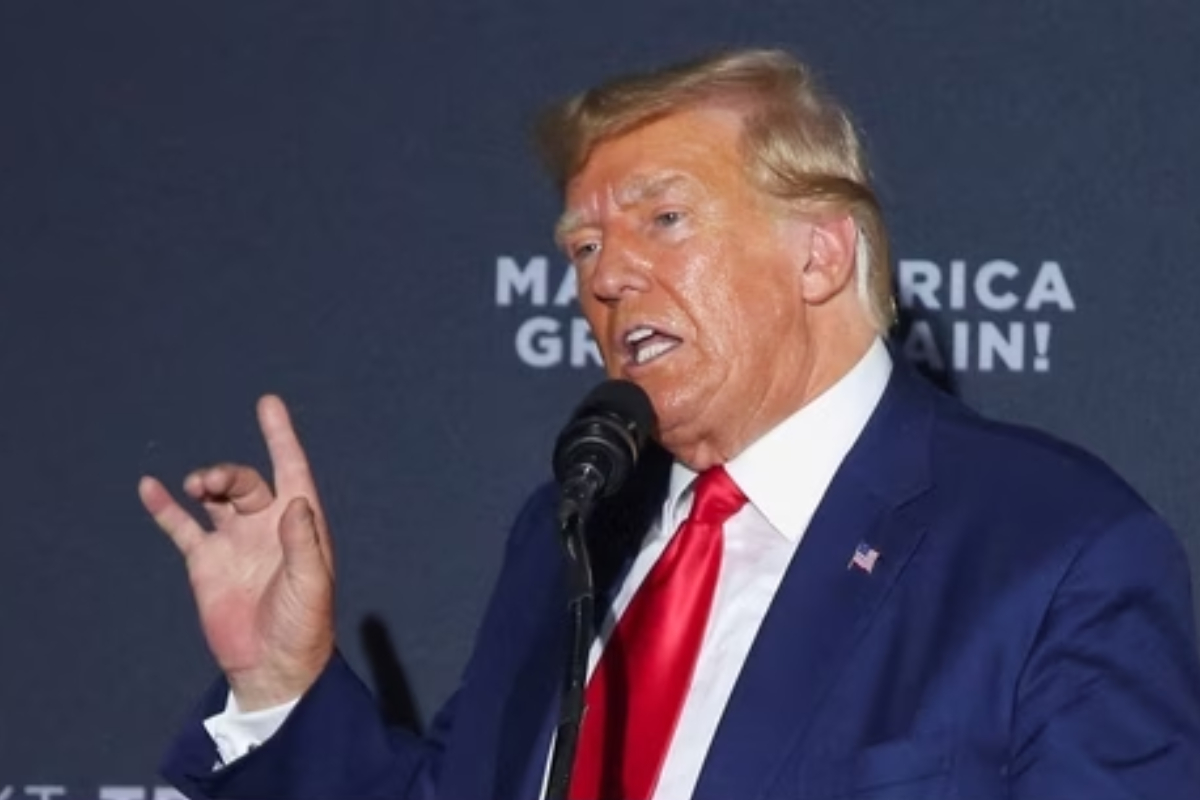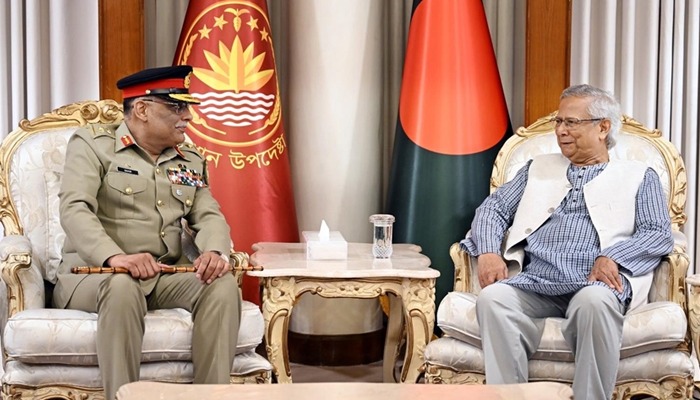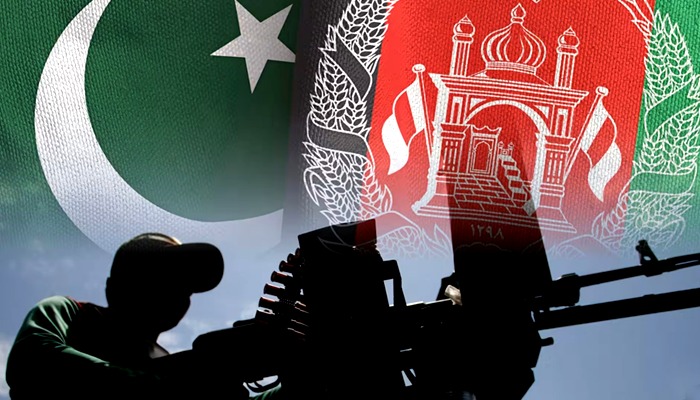- The plan centers on extending the Republican tax cuts from 2017.
- Trump’s strategy: Confronted China with tit-for-tat tariffs
- Economists and businesses fear tariffs could tax American consumers.
Donald Trump and his advisers are crafting an economic agenda that includes tougher trade policies and deeper tax cuts should he make a return to the White House. These plans, discussed during phone calls and intimate dinners at his Bedminster, New Jersey golf club, focus on extending and amplifying the Republican tax cuts from 2017, rolling back regulations introduced by President Joe Biden, and implementing additional tariffs. Trump’s strategy, referred to as “reciprocity,” means that if a country like India or Brazil imposes higher tariffs on American goods, Trump would respond with similarly stringent tariffs.
These elements of Trump’s economic plan harken back to his first-term trade doctrine, marked by confrontations with China through a series of tit-for-tat tariffs. While Biden has continued to apply pressure to China, Trump’s second-term proposals are causing concern among economists and the business community. Many see higher tariffs as a form of taxation on American consumers and businesses, potentially leading to inflation, harming US manufacturing, and triggering retaliatory actions from other countries.
John Murphy, senior vice president for international affairs at the US Chamber of Commerce, warns of massive retaliation and the negative impact on US exports, which total around $3 trillion. Despite criticisms, Trump dismisses concerns and argues that these are debunked talking points funded by corporate studies. He sees negotiation as a key strategy, leveraging the US’s position as the largest customer in the global market.
Trump has discussed these ideas with close associates, including former House Speaker Newt Gingrich, who attended a recent dinner with the ex-president. Other participants in these discussions include former White House National Economic Council director Larry Kudlow, economic adviser and Heritage Foundation fellow Stephen Moore, and former head of the Domestic Policy Council, Brooke Rollins, who organized the dinner. Rollins leads the America First Policy Institute, with the group’s chief economist, Michael Faulkender, also present, along with key Trump campaign aides Susie Wiles, Jason Miller, and Steven Cheung.
[embedpost slug=”/makkah-deputy-governor-to-honor-winners-of-king-abdulaziz-quran-competition/”]


















